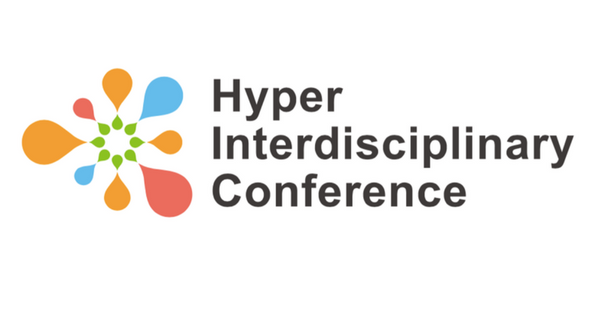- Notice
The 9th Super Interdisciplinary Conference] To What Extent Can Agricultural Production be Mechanized? /March 7, 2020, 13:00-@Ota-ku, Tokyo
2020.02.21![[The 9th Super Interdisciplinary Conference] How far can agricultural production be mechanized? /March 7, 2020, 13:00-@Ota-ku, Tokyo</trp-post-container](https://hic.lne.st/wp-content/uploads/sites/37/2020/02/c9a8dca01997c384cd97ca59835ac6ab.jpg)
Within the 9th Annual Conference of the Association of Hyperdisciplinarity, March 6-7, 2020 (Friday and Saturday), hosted by Liverness, a panel discussion entitled "TheTo what extent can agricultural production be mechanized?The "MARUHAN" will be held in the following location.
Not only is the term "smart agriculture" becoming more widely used, but IoT and AI practices are being implemented in the agricultural field. In addition, robot farm machines have been introduced to the market, and mechanization of agriculture is expected to further advance in the future. As the population of farmers native to IoT and other technologies grows, how far will agriculture mechanize? Through discussions among smart farming ventures and researchers who are developing technologies, we will consider the extent to which agriculture can be mechanized when the population of farmers native to IoT and other technologies increases, and what kind of field usage is possible as mechanization progresses.
We will have a program of discussions among researchers, start-ups, and large companies from a variety of perspectives, not limited to the themes of this session.
Audience members are invited to attend the conference. Please visit the conference website (see below).
To what extent can agricultural production be mechanized?
presented by: Fukushima Hamadori Forum, Japan Society of Hyperdifferent Fields
Date: Saturday, March 7, 2020, 13:00-14:00
Place: Ota-ku Industrial Plaza PiO (1F-4F, 1-20-20-20 Minami-Kamata, Ota-ku, Tokyo 144-0035, Japan)
Closest Station: Keikyu Kamata
Map:https://www.pio-ota.net/access/
<Speakers
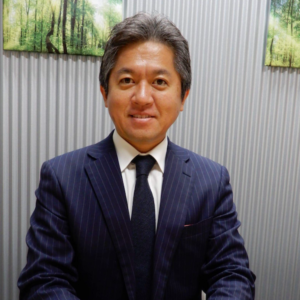
Representative Director, Ginza Noen Co.
Kazuki Iimura
Born in Ibaraki Prefecture in 1974. After graduating from Nihon University's College of Industrial Engineering, he worked as a first-class architect planning and designing condominiums and buildings, and then engaged in structured finance business such as real estate fund management as the head of strategic investment consulting at an Internet real estate auction venture. In 2009, he founded Ginza Noen Co., Ltd. with the philosophy of "enriching agriculture with technology. With "Smart Agriculture Spirits" as its corporate slogan, the company is engaged in the business of building data for the operation of AI-based agricultural robotics in the primary industry, as well as providing agricultural systems for high value-added agricultural products such as high-sugar tomatoes and fine muscat grapes. The company provides companies with agricultural systems for high value-added agricultural products, such as high-sugar tomatoes and pineapple muscats.
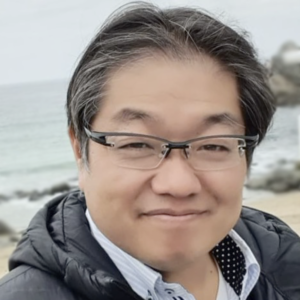
Associate Professor, Department of Environmental Agriculture, Graduate School of Agricultural Science, Kyushu University
Takashi Okayasu, Ph.
His research interests include the measurement of field environments using information and communication technology (ICT), plant phenotyping technology that automatically extracts growth characteristics such as plant shape and size under various growing conditions, smart agriculture that contributes to the sustainable development of agriculture in Japan, and the creation of new mechanisms that connect farmers and consumers and enable them to share the value and necessity of agriculture. We are also conducting research on smart agriculture, which contributes to the sustainability of Japan's agriculture. He is currently involved in several research projects with the Ministry of Agriculture, Forestry and Fisheries (MAFF), other ministries, and companies.
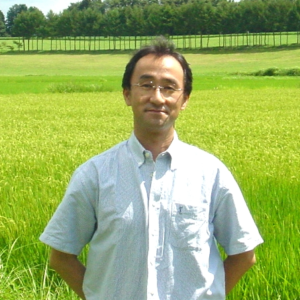
Associate Professor, Utsunomiya University
Masaru Kashiwazaki
After completing his graduate studies at the University of Tokyo, he worked for the Ministry of Agriculture, Forestry and Fisheries of Japan (now the National Agricultural Research Organization (NARO)) before coming to Utsunomiya University, where he has been in his current position since 2009. He is a full-time faculty member of the Faculty of Agriculture. Consistently engaged in research and development with the aim of practical application, and in 2014 established a joint venture company, the Institute of Agricultural Technology (now I-Eat Co., Ltd.), as a venture company originating from Utsunomiya University. Awarded the Invention Grand Prize (Tokyo Governor's Prize) in 2017 for the practical application of his research results.
.
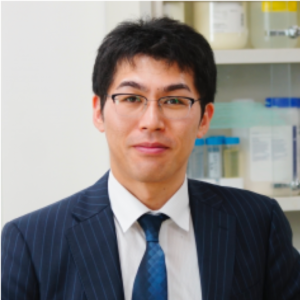
Director, Knowledge Foundation Research Center, Liverness, Inc.
Hiroyuki Takahashi
D. from Yokohama City University in 2009. D. in Science, focusing on creating new research projects between industry and young researchers, including the launch of the "Liberace Research Fund" for young researchers under the age of 40. In addition, he continues to organize the "Super Interdisciplinary Society," a place to generate new knowledge and seeds for research and development by combining individual knowledge, technology, and passion for problem solving without being bound by the framework of academia.
------------------------------------------The 9th Annual Meeting of the Society for Hyperdifferential Studies: an overview of the main conference: -------------------------------------------
Conference theme: A New Era of Knowledge Manufacturing
Date and time of the event:
Friday, March 6, 2020 09:00-18:00 (18:00-20:00 Reception)
Saturday, March 7, 2020 09:00-18:00 (18:00-20:00 Reception)
Organized by: Liverness Co.
Place: Ota-ku Industrial Plaza PiO
Fee: Free for academics and presenters, 113,960 yen (tax included) for companies
Convention URL:https://hic.lne.st/conference/hic2020/


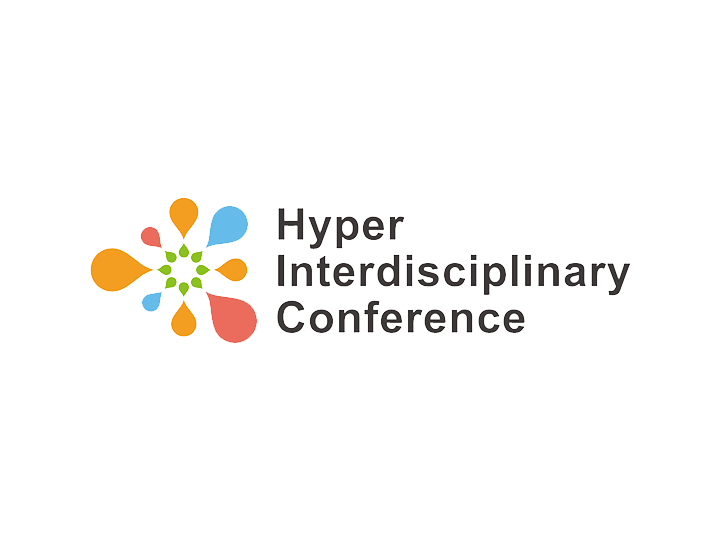
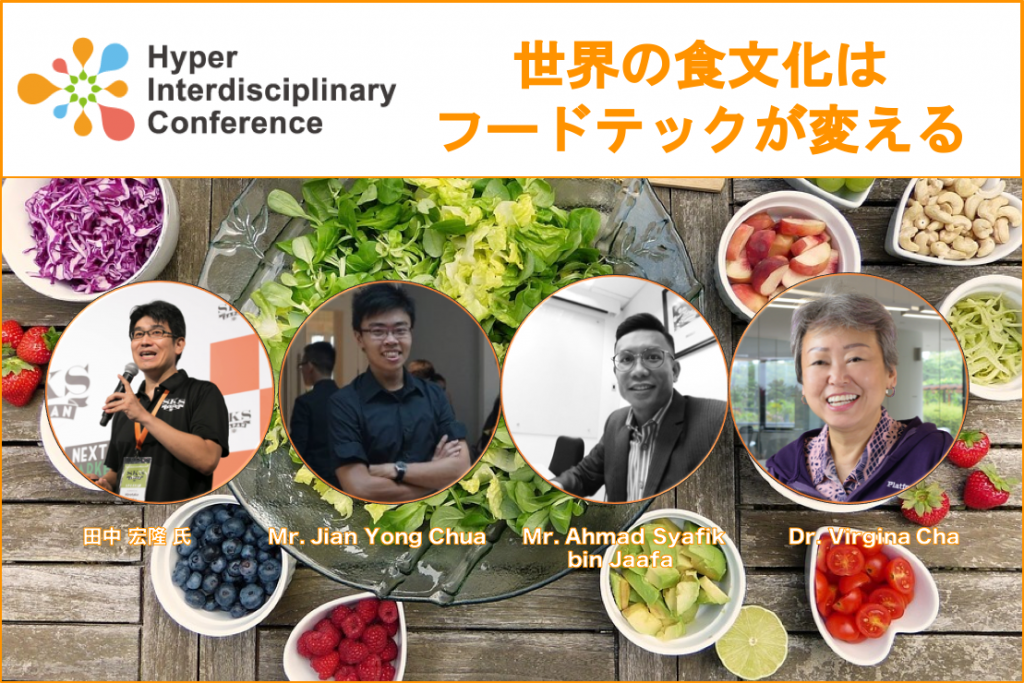
![Tomiya Forum 2019 (Miyagi Prefecture)] Various poster awards will be set up!](https://hic.lne.st/wp-content/uploads/sites/37/2019/05/AdobeStock_182859327.jpeg)
